Schizophrenia is a complex mental health disorder that significantly impacts how an individual perceives reality, expresses emotions, and behaves. Despite its prevalence, there are many mistaken beliefs surrounding this condition. One common misconception is that individuals with schizophrenia have multiple personalities, but this is not true. Instead, schizophrenia is characterized by various symptoms, such as hallucinations, which involve seeing or hearing things that are not there, delusions, which are firmly held false beliefs, and disorganized thinking.
These symptoms can have a profound effect on a person's day-to-day life, relationships, and ability to function in society. Tasks that may seem simple to others can become challenging for someone dealing with schizophrenia. However, it is essential to understand that with the right treatment and support, many individuals with schizophrenia can effectively manage their symptoms and lead meaningful lives.
By seeking timely intervention, individuals with schizophrenia can access therapies, medications, and support systems that empower them to navigate their condition and improve their overall well-being. It is crucial to break down the stigma and misinformation surrounding schizophrenia to ensure that those affected receive the understanding and compassion they deserve.
Case Example: Raj's Initial Experience with Schizophrenia
Meet Raj, a 22-year-old student currently studying at a college in Mumbai. Recently, he found himself in a perplexing situation where he began to hear voices that seemed to appear out of nowhere. These voices were unique to him, not heard by anyone else. What's more, he started developing a belief that his professors were secretly working against him, leading him to shy away from his classes. His behavior took a turn for the worse as he started isolating himself from his friends and exhibiting odd actions that left them feeling perplexed about how to support him.
Even though his family initially dismissed his behavior as merely a byproduct of the stress that comes with preparing for exams, things took a disturbing turn when Raj started yelling at imaginary figures that only he could see. Recognizing the severity of the situation, and with the guidance of a concerned friend, his parents decided to seek professional help and took him to a psychiatrist for evaluation.
After a thorough examination, the psychiatrist diagnosed Raj with schizophrenia. This revelation shed light on the importance of identifying early warning signs and the significance of seeking timely intervention from mental health professionals. Raj's journey underscores the critical role that early recognition and appropriate treatment play in managing mental health conditions effectively.

About the Author
Dr. Saurabh Kumar
Dr. Saurabh Kumar is a distinguished expert in mental health, having authored numerous influential articles on ResearchGate. His research focuses on innovative approaches to mental health care and treatment. His work contributes significantly to advancing the understanding and improvement of mental health practices.
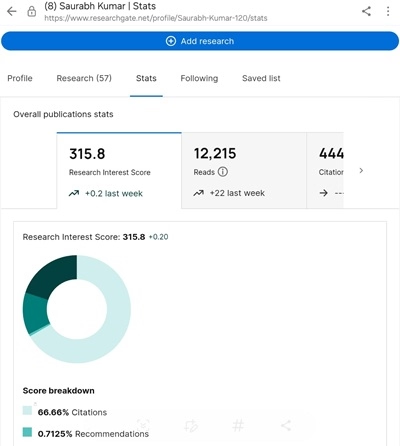
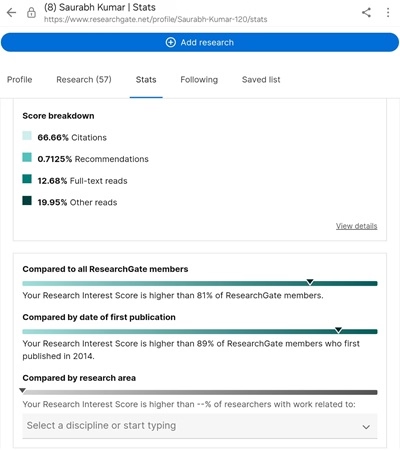
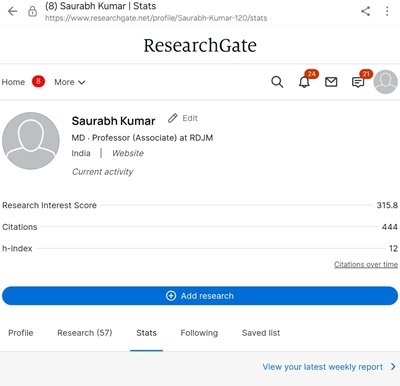
Schizophrenia: How Common Is It?
Schizophrenia is a mental health condition that impacts about 1% of people globally, including individuals in India. In the context of India, it is estimated that roughly 3 out of every 1,000 individuals grapple with schizophrenia, which amounts to a notable figure in a country with a population surpassing a billion.
Although schizophrenia can affect anyone, it tends to manifest symptoms in men during their late teens or early twenties, while women typically exhibit symptoms a bit later in life. In India, the economic implications of schizophrenia are considerable. This includes not only the direct expenses associated with medical treatment but also indirect costs such as lost productivity and the emotional strain experienced by families, particularly in rural regions where access to mental health services is constrained.
The burden of schizophrenia extends beyond the affected individuals themselves, impacting their loved ones and the broader society. Efforts to increase awareness, enhance mental health services, and provide support for those affected by schizophrenia are vital to addressing the challenges posed by this condition in India and around the world.
Case Example: Overcoming Challenges in Rural Healthcare Access
Let's consider the story of Geeta, a 38-year-old woman residing in a village in Uttar Pradesh, India. Geeta's husband, Manoj, was diagnosed with schizophrenia at the young age of 30. The village they lived in lacked the presence of mental health facilities, and due to limited understanding of the condition, Geeta had to quit her job to become Manoj's primary caregiver.
As time passed, Geeta witnessed the distressing transformation of Manoj from a diligent farmer to a withdrawn individual who would engage in conversations with himself and lost interest in his previous passions. The lack of accessible mental health services in their locality further exacerbated their situation.
Despite the challenges, a ray of hope entered Geeta's life in the form of a dedicated traveling health worker. This health worker assisted Geeta in reaching out to a psychiatrist located 50 kilometers away from their village. The journey towards recovery was arduous, but the impact of accessing the right healthcare services proved to be transformative for their family.
Geeta's tale sheds light on the struggles faced by many rural families in accessing adequate healthcare services, especially for mental health conditions. It emphasizes the critical need for improved healthcare infrastructure and awareness in remote areas to ensure that individuals like Manoj receive the necessary care and support to regain their well-being.
Understanding the Causes of Schizophrenia: Beyond Genetics
Schizophrenia is not just a result of genetics; it's a mix of genetics and the environment where a person grows up. Yes, having a close family member with schizophrenia can heighten the chances of developing it. But it's not all about genetics. Other things like exposure to infections before birth, not having enough nutrients, being under a lot of stress, or going through traumatic events can also make someone more likely to develop schizophrenia. All these factors together create a complicated picture of what causes schizophrenia.
Case Study: How Stressful Environments Can Influence Mental Health
Meet Vikram, a young man living in Delhi. He comes from a family that has no known history of schizophrenia. However, Vikram's mother endured significant stress and malnutrition during her pregnancy with him. Additionally, as a child, Vikram went through multiple traumatic events. By the time he reached his mid-twenties, Vikram began to experience feelings of paranoia and occasional hallucinations.
Vikram's story serves as a prime example of how environmental stressors can play a pivotal role in triggering mental health conditions like schizophrenia, even without a genetic background. In Vikram's case, the combination of his mother's prenatal stress and his own early-life traumatic experiences seemingly contributed to the development of his symptoms.

Get Support: Find local resources and hotlines for immediate assistance.
Research has shown that environmental factors, such as stress during pregnancy and traumatic events in childhood, can significantly impact an individual's mental well-being. These stressors can potentially disrupt the brain's normal development processes, leading to the onset of mental health conditions later in life.
The case of Vikram highlights the importance of understanding how environmental influences can affect mental health outcomes. By recognizing and addressing the impact of stressful environments on individuals' mental well-being, we can work towards creating a more supportive and nurturing society for everyone.
Another important thing to think about is drug and alcohol abuse. When people, especially teenagers, use things like weed, it can make them more likely to get schizophrenia if they already have a family history of it. How your genes, brain grows, and the drugs you take all mix together can be really tricky and hard to predict. That's why it's super important to teach young people about the risks so they can try to avoid them.
Understanding the Signs: The Three Facets of Schizophrenia
Schizophrenia is a complex mental health condition that presents itself through various symptoms falling into three distinct dimensions: positive, negative, and cognitive. By recognizing and understanding these symptoms, individuals and their loved ones can seek proper treatment and support to manage this challenging disorder.
Positive Symptoms
The positive symptoms of schizophrenia are termed as such because they involve the addition of behaviors or experiences that are not present in individuals without the disorder. These symptoms often include hallucinations, which are perceptions of things that are not real, as well as delusions, which are firmly held beliefs not based in reality. Individuals experiencing positive symptoms may also exhibit disorganized thinking, where their thoughts may not follow a logical sequence. For instance, a person might genuinely believe that their thoughts are being broadcast on the radio or that they possess extraordinary powers.
Negative Symptoms
In contrast to positive symptoms, negative symptoms involve the reduction or loss of normal behaviors and functions. This can manifest as a lack of motivation, reduced ability to express oneself verbally, or flattened emotional responses. These symptoms can have a profound impact on an individual's social interactions, often leading to significant social isolation and withdrawal from relationships and activities they once enjoyed.
Cognitive Symptoms
The cognitive symptoms of schizophrenia affect a person's ability to process information, remember details, and make decisions. Individuals may struggle with memory, attention, and executive functions, making it challenging to keep track of appointments, follow conversations, or plan and prioritize tasks. These cognitive deficits can significantly impact daily functioning and quality of life for those living with schizophrenia.
By understanding the three dimensions of schizophrenia – positive, negative, and cognitive symptoms – individuals, families, and healthcare providers can work together to identify the signs early, seek appropriate treatment, and develop strategies to manage the disorder effectively. Through education, support, and access to mental health services, those affected by schizophrenia can lead fulfilling lives and improve their overall well-being.
Case Example: The Hidden Challenges of Cognitive Symptoms
Let's consider the journey of Smita, a young and talented 28-year-old accountant residing in Bangalore. Smita's career took an unexpected turn when she began facing difficulties in her job. She would frequently forget important deadlines, lose track of files, and struggle to grasp even the simplest of directions. Initially, her struggles were brushed off as signs of burnout due to work stress.
However, as time passed, it became evident that there was more at play than just burnout. It was eventually revealed that Smita was grappling with cognitive symptoms associated with schizophrenia. This revelation came as a shock to Smita and those around her, including her colleagues, who found it hard to comprehend the changes they were witnessing in her behavior. This lack of understanding led to misinterpretations and a sense of frustration among everyone involved.
Following her diagnosis, Smita embarked on a journey of cognitive remediation therapy. This specialized form of therapy involved engaging in various exercises that aimed to enhance her memory retention and problem-solving abilities. Through consistent effort and dedication to these exercises, Smita began to notice gradual improvements in her cognitive skills.
As time passed, the intervention started showing promising results. Smita regained her lost confidence and efficiency at work. With the support of cognitive remediation therapy, she was able to navigate her challenges more effectively and showcase her true potential in the workplace.
Smita's story serves as a reminder of the invisible struggles that individuals facing cognitive symptoms may endure. By shedding light on these challenges and advocating for appropriate interventions, we can help create a more supportive and understanding environment for individuals like Smita to thrive despite their obstacles.
Understanding How Schizophrenia Impacts the Brain
Schizophrenia isn't simply a problem of the mind - it's closely linked to the way the brain is structured and functions. Research using brain imaging tools has revealed that individuals dealing with schizophrenia tend to have less gray matter in regions responsible for handling emotions and thinking, like the prefrontal cortex. These changes can influence how well a person can comprehend information and control their feelings. Essentially, schizophrenia isn't just a mental issue; it is an interplay of the brain's structure and the way it operates that affects an individual's emotional and cognitive abilities.
Researchers have found that there are issues with certain chemicals in the brain called neurotransmitters, with a focus on one in particular called dopamine. The "dopamine hypothesis" proposes that when there is too much dopamine in certain parts of the brain, it can cause people to experience things like seeing or hearing things that are not there (hallucinations) and believing things that are not true (delusions). On the other hand, if there is not enough dopamine in different areas of the brain, it can lead to a lack of drive or ambition and difficulties with thinking and understanding things clearly (cognitive impairments).
Treating Schizophrenia: How Medications and Support Help
Schizophrenia can be effectively managed through a mix of medications and psychosocial support. When it comes to taking care of someone with schizophrenia, using a combination of these two methods is key.
1. Medications: The cornerstone for treating schizophrenia is antipsychotic medications. These drugs are vital for reducing the presence of positive symptoms like hallucinations and delusions. But it's not always easy to find the right medication and the correct dose. Everyone's body reacts differently, so the side effects may vary from person to person. It's important to keep track of how the medication is affecting the individual and make adjustments as needed to find the right balance between the benefits and the side effects. Regular monitoring is essential to ensure that the treatment plan is working effectively.
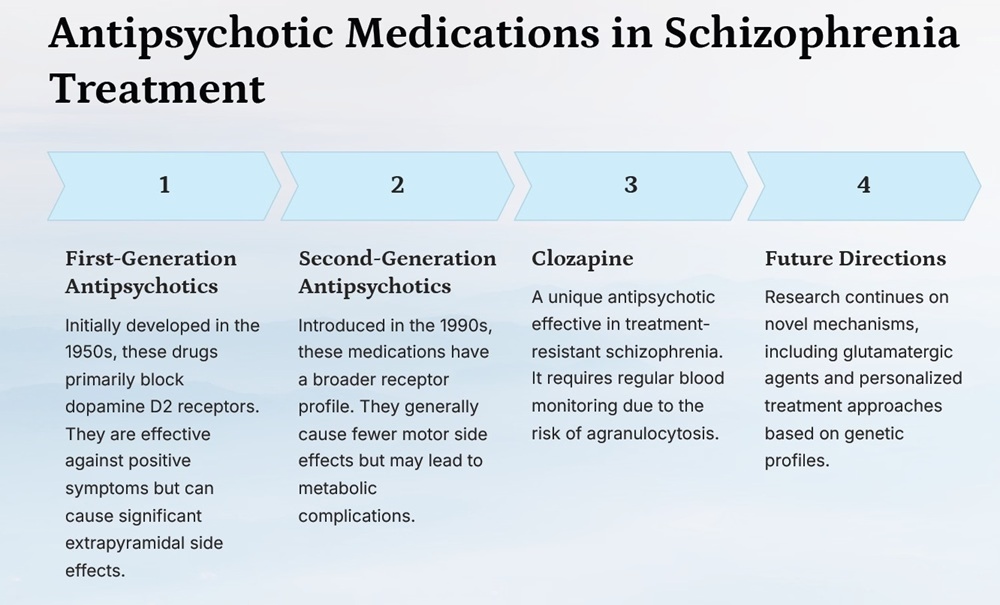
2. Psychosocial interventions: Psychosocial interventions are a key part of treatment and they include different types of therapies like Cognitive Behavioral Therapy (CBT), family therapy, and social skills training. These interventions are crucial for helping individuals manage their mental health challenges effectively. For example, CBT assists people in recognizing and addressing their negative thought patterns that contribute to delusions. On the other hand, family therapy aims to educate and support family members on how they can best help their loved ones without feeling burdened or stressed. By combining these various interventions, individuals can receive holistic support that addresses different aspects of their mental health and helps them in their journey towards well-being.
Real-life Story: How Family Helped Meera's Son Recover
Meera, a mom from Chennai, found out her son Arjun had schizophrenia when he turned 18. It was tough for her to handle as she didn't know much about the condition. She felt lost and unsure of how to assist him. Attending family therapy sessions taught her to set boundaries, talk better with Arjun, and handle difficult situations. Because of this, Arjun didn't have to go to the hospital as much, and their family life got better. Meera's experience shows how important it is for families to help in dealing with schizophrenia.
The Power of Early Intervention
Recognizing schizophrenia early on and getting help right away can make a big difference. Think of it like catching a problem before it gets out of control. Early signs might not be severe, but they are still there. By identifying those at risk and supporting them with treatment, we can help delay or even stop schizophrenia from fully developing. This is the goal of early intervention programs - to pinpoint those who are more likely to develop the condition and give them the support they need to manage it effectively.
How Timely Support Transformed a Teenager's Life
Let me tell you about the inspiring journey of Ravi, a 16-year-old boy living in Hyderabad. Not too long ago, Ravi started feeling different. He was going through mood swings, staying away from social activities, and even experiencing thoughts that made him scared sometimes. His concerned parents, who noticed these changes, decided to take action early on.
Ravi's parents took him to a doctor who recognized that Ravi was at risk of developing a condition called psychosis. This was a really scary moment for Ravi and his family, but they didn't lose hope. Instead, they got involved in an early intervention program. This program combined different types of support, like taking a little bit of medicine, attending therapy sessions called Cognitive Behavioral Therapy (CBT), and having regular meetings with the whole family to talk about things.
This proactive approach turned out to be a game-changer for Ravi. By getting the right help on time, he was able to keep his connection with friends, perform well in school, and prevent a severe mental health episode. Ravi's journey shows us the importance of early detection and support in ensuring a brighter future for individuals facing mental health challenges. It's a reminder that seeking help and taking action can make a big difference in someone's life.
Future Directions in Schizophrenia Treatment
Looking ahead to the future of treating schizophrenia, there are exciting developments on the horizon. Scientists are hard at work studying and creating new medicines that aim to treat the illness by focusing on various parts of the brain, like glutamate. Additionally, personalized treatments, tailored to each individual's genetic and brain makeup, are being explored and show great promise in providing more effective care.
In India, where getting help for mental health conditions can be tough, there is a pressing need to raise awareness about schizophrenia and other disorders. Overcoming stigma and improving mental health facilities are crucial steps in making sure that everyone who needs help can access it. By addressing these challenges head-on, the hope is that more individuals struggling with schizophrenia will receive the care and support they need to live healthier, happier lives.
Conclusion
It is important to approach schizophrenia with compassion. Even though schizophrenia is a complex condition, it doesn't mean that life has to be limited for those with it. We can see this with individuals like Raj, Smita, and Arjun who have schizophrenia but still lead satisfying lives. By receiving the right treatment, support, and understanding, many people with schizophrenia can thrive. Detecting the condition early, using a combination of treatments, and having strong support from family can truly make a positive impact. It's time to let go of misconceptions and stereotypes about schizophrenia and instead realize that those living with it have the ability to lead meaningful and successful lives.
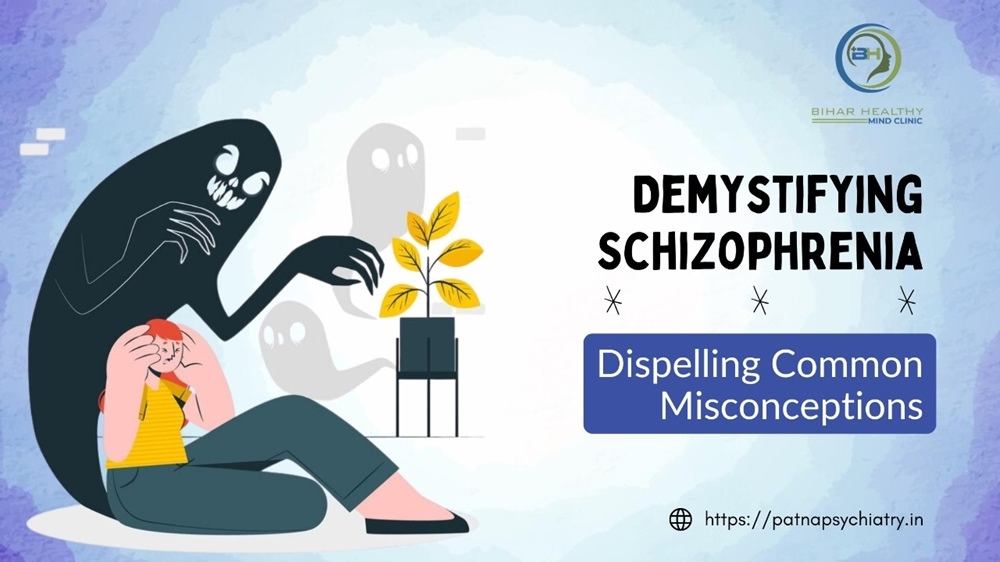
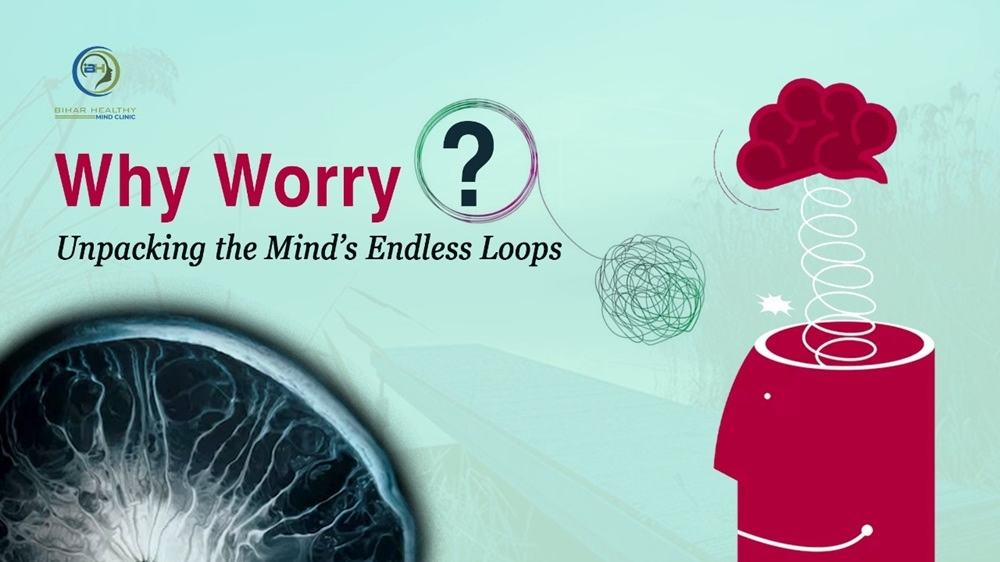
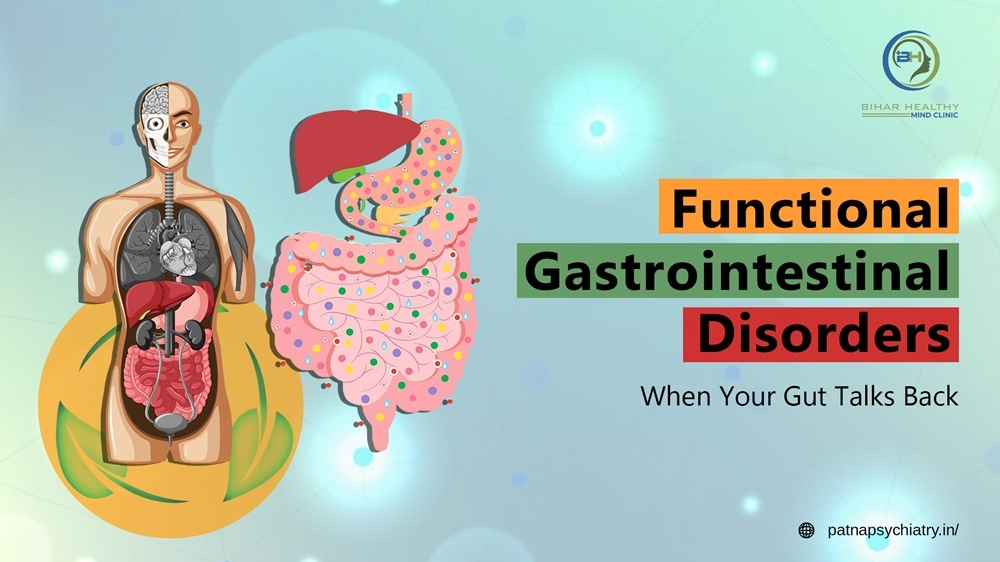
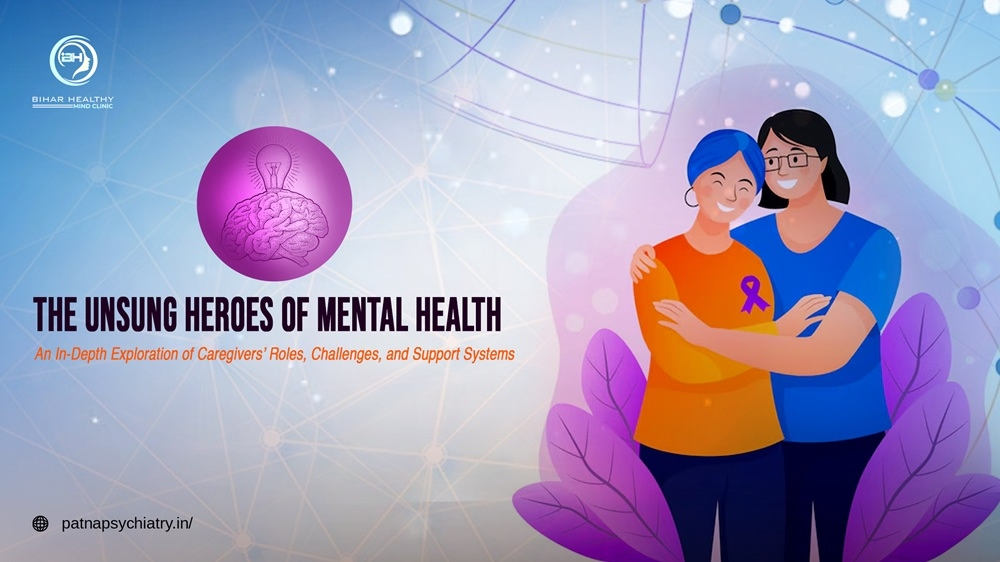
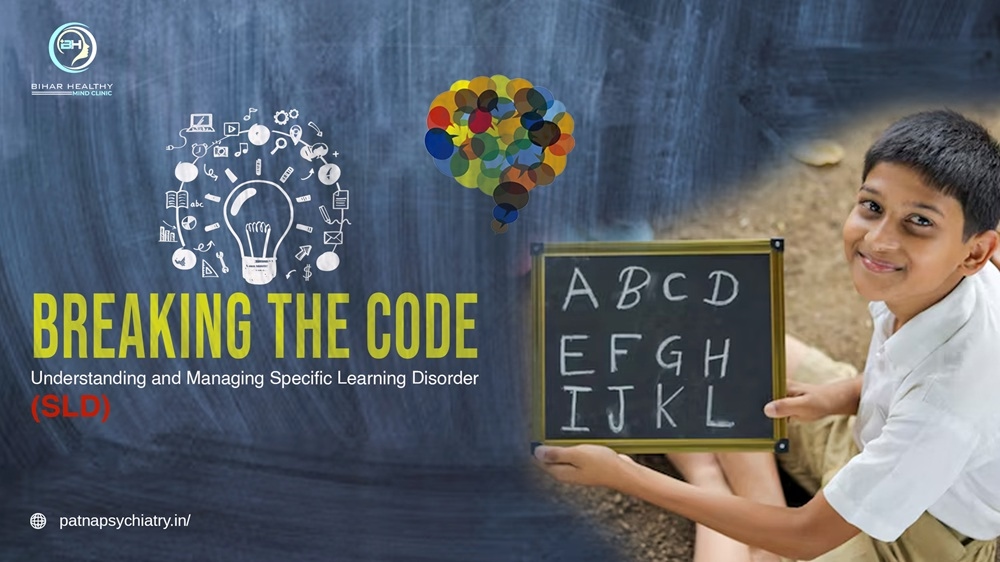
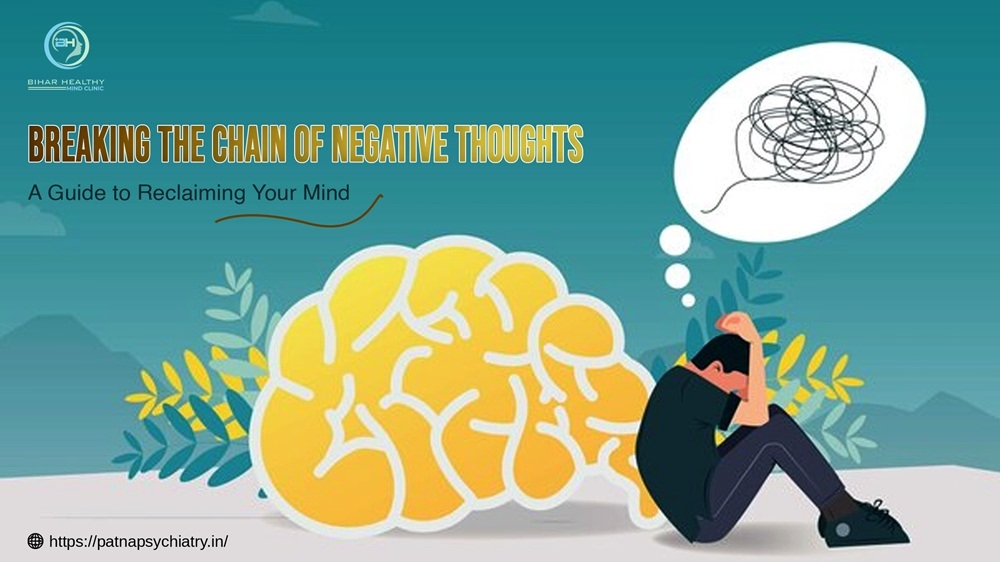
Technically sounds good, nice research..keep doing your fantastic job. We really got lot's of fabulous ground level data.